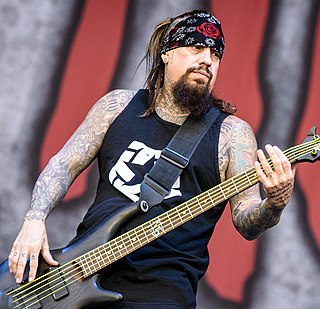A Quote by Judy Blume
What can happen if a young reader picks up a book he/she isn't yet ready for? Questions, maybe. Usually, that child puts down the book and says, 'Boring.' Or, 'I'm not ready for this.' Kids are really good at knowing what they can handle.
Related Quotes
In my couple of books, including Going Clear, the book about Scientology, I thought it seemed appropriate at the end of the book to help the reader frame things. Because we've gone through the history, and there's likely conflictual feelings in the reader's mind. The reader may not agree with me, but I don't try to influence the reader's judgment. I know everybody who picks this book up already has a decided opinion. But my goal is to open the reader's mind a little bit to alternative narratives.
Every reader, as he reads, is actually the reader of himself. The writer's work is only a kind of optical instrument he provides the reader so he can discern what he might never have seen in himself without this book. The reader's recognition in himself of what the book says is the proof of the book's truth.
Fertility says, "Can you relax and just let things happen?" I ask, does she mean, like disasters, like pain, like misery? Can I just let all that happen? "And Joy," she says, "and Serenity, and Happiness, and Contentment." She says all the wings of the Columbia Memorial Mausoleum. "You don't have to control everything," she says. "You can't control everything." But you can be ready for disaster. A sign goes by saying, Buckle Up. "If you worry about disaster all of the time, that's what you are going to get," Fertility says.
In a New York Post interview, Judy Blume, author of young-adult fiction, gave this advice on getting your kids to read: "Moms come up to me at book signings and describe how they're telling their daughters, 'These were my favorite books,'?" she says. "I say, 'Quit it! That's the biggest turnoff!'"You want to get them to read them, leave them around the house and every so often, say, 'You're not ready to read this yet.'
I notice that I only publish once every four years. It takes a couple of years to write a book and then, for me, for one reason or another, it usually takes about a year of sort of dicking around before I start up. I write a review or little magazine pieces and touring with the other book. But mainly it's just you're not ready, I'm not ready to start another. You're just not up for it.

































